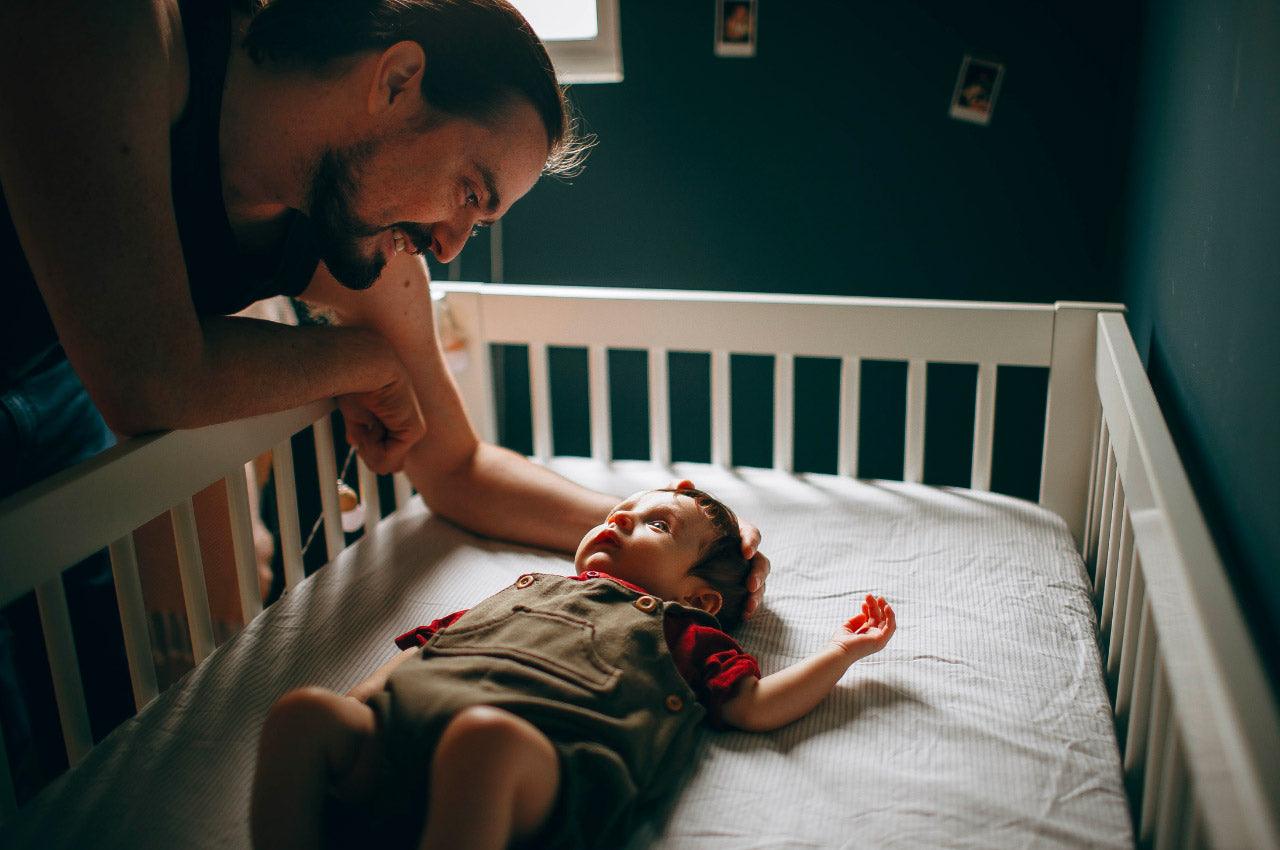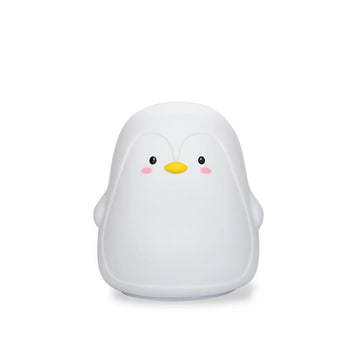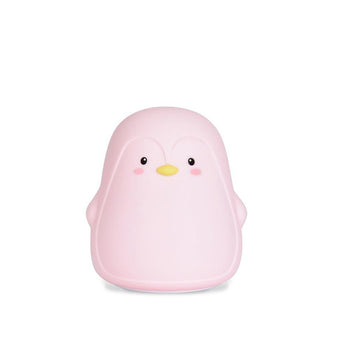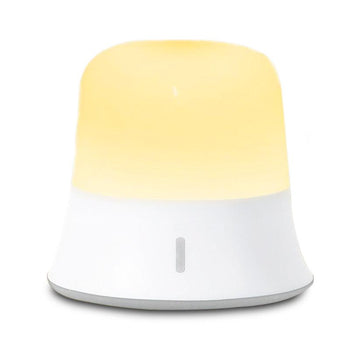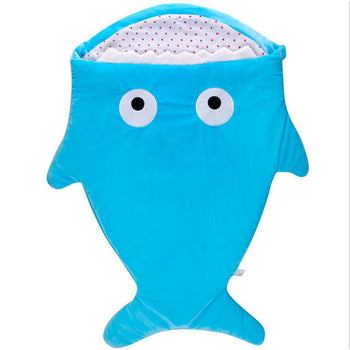Do you know what I think is one of the worst nighttime sleep myths? The myth that once a baby starts sleeping, it's over, no more nighttime awakenings.
Except no, that's not how it works. Yes, teaching your baby to sleep through the night, or teaching your toddler to sleep through the night, is an important step. But sometimes even "good" sleepers become "bad". In other words, sometimes babies and young children who have been sleeping through the night for weeks or even months suddenly start waking up. This is normal. Sleeping through the night is not something you do once and for all.
Why does your baby or toddler who slept through the night now seem to wake up several times a night?
We are here to help you solve this mystery!
Keep reading to find out the most common reasons why your child's nighttime sleep has suddenly deteriorated.
Has your baby or child stopped sleeping? 7 reasons
1/ Sleep regression
Sleep regression is the most common culprit of sleepless nights. Sleep regressions often happen without warning and can disrupt sleep, whether at night or during naps! If your baby or toddler is around 3-4 months , 6 months , 8-10 months , 11-12 months , 18 months , or 2 years old , new nighttime awakenings may be caused by sleep regression.
The best thing to do, in case of sleep regression, is to wait for this phase to pass, without going back to old sleep habits.
2/ Growth spurt
During the first year, babies and toddlers experience a series of growth spurts. These growth spurts can have a big impact on sleep. During a growth spurt, you may notice your baby or toddler waking up in the middle of the night, hungry and wanting to eat. This can happen even if your child has slept through the night and hasn't been fed at night.
In the event of a growth spurt, it is best to offer additional feedings and remind yourself that the growth spurt will pass. The good news is that your child will eventually start sleeping through the night again. In the meantime, make sure you get enough rest!
3/ Teething
Teething is a common experience for babies and young children. By the age of three, your child will have a mouth full of teeth! Teething can be a source of pain and discomfort, often resulting in restless nights.
However, there are a few ways to ease your baby's teething pain. One of them is to give your child a painkiller, for which you must first consult your doctor.
You can also try giving your child something firm to chew on, such as a cold, firm object. Some dentists recommend frozen fruits, such as grapes or bananas, because they are firm, cold, and moist foods. You can also try using teethers that have been chilled in the freezer.
To find out more, also discover:
4/ Illness
Cold and flu season is (thankfully!) almost over, but a wise parent knows that illness can strike at any time. These illnesses can really disrupt a baby or young child's sleep, leading to many more nighttime awakenings.
If your baby is sick , it is best to ask your doctor what you can do to help your baby or toddler feel more comfortable. (Needless to say)
5/ Nap transition
As your baby or toddler's napping needs change dramatically during the first 18 months of life, it can be difficult to keep up with the constant changes in their sleeping and eating schedule during the day. Naps may take place later than usual, if at all, and these changes in daytime sleep will certainly impact nighttime sleep.
To make sure your child doesn't take too many naps during the day and that all naps are over by dinnertime, try to be as consistent with your routines as possible. If your child has trouble giving up naps, don't be afraid to set boundaries and establish clear boundaries. With a little patience and perseverance, your child will soon be on the way to proper sleep.
Items you may be interested in:
6/ Disruption of the schedule
Disruptions to your baby's or toddler's schedule can be caused by unexpected events, such as a week's vacation or an after-school event. And these contingencies don't always fit your schedule.
If the disturbance is short-lived , it is best to try to regain a rhythm as soon as possible.
If the disruption is longer term , the best way is to adapt your schedule to this new activity.
7/ Anxiety or separation anxiety
If your child is struggling with separation anxiety , know that you are not alone. Major life changes, such as moving to a new house or the arrival of a new sibling, can disrupt sleep and make separation anxiety worse. But don't worry, there are ways to help your little one feel better and prevent them from being nervous and crying at bedtime.
In the event of a big life change, try to offer your baby or toddler some extra comfort. You may also need to adjust their schedule (if necessary) as changes occur. Once things calm down, get back to business as soon as possible. With a little patience and love, your child will overcome their separation anxiety .
Complementary items:
How to Manage Separation Anxiety and Help Your Baby Sleep
Help your baby or toddler sleep through the night again
It's normal that even though some babies and toddlers won't wake up during the night, that doesn't mean they'll sleep through the night every time. There will be times when they wake up and there is nothing you can do about it. For example, if they are sick, going through a growth spurt or sleep regression.
On the other hand, if your baby or young child has never slept through the night, don't worry: you can help him learn to sleep through the night . It may take some time and effort, but with patience, you can get him on a good sleep schedule and help him learn to sleep through the night . One of the best ways to do this is to teach him to fall asleep on his own.
Start by putting him to bed at a regular time every night and creating a bedtime routine that he will look forward to. Make sure he gets some exercise and fresh air during the day, and avoid exposing him to screens before bedtime. If he still has trouble falling asleep, try calming him down with music or a white noise machine. But above all, don't give up: with a little patience and perseverance, you will be able to get your baby or young child to sleep through the night!
Do you want your baby to sleep through the night?
In this free guide , you'll discover 5 things you absolutely need to know.
With a unique approach and practical tools for success, this guide will help you and your baby sleep better through the night.


